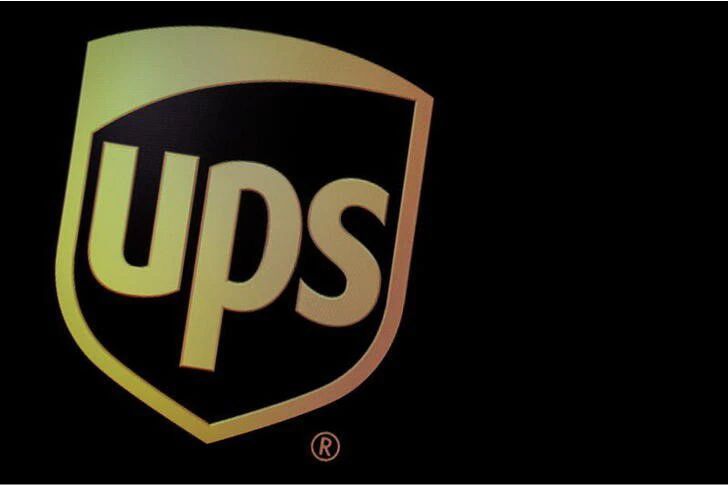July (Reuters) – A tentative labor deal reached between United Parcel Service (UPS.N) and the Teamsters union on Tuesday, if ratified, could pressure full-year outlook for the world’s largest parcel delivery firm, according to analysts.
The five-year contract, which the head of the union claims to be worth $30 billion in new money, covers about 340,000 U.S. employees and provides wage increases, and one more paid holiday among other benefits.
UPS shares closed down 1.9% on Tuesday signaling investor worries about the labor deal’s impact on costs. The company’s workers have until Aug. 22 to vote on the tentative deal.
While the delivery firm has managed to avert a strike, analysts expect the contract would raise overall labor inflation, pressuring the outlook for the year and also weighing on margins at a time when the industry is reeling from waning demand.
“Considering a backdrop of meaningful inflation, we believe UPS will need to deliver on pricing gains and productivity to provide visibility to margin performance looking forward,” UBS analyst Thomas Wadewitz said.
Rival FedEx (FDX.N) has been slashing costs to protect profits amid waning demand.
BMO analyst Fadi Chamoun added that the real question is whether the industry’s competitive backdrop supports sufficient pricing power to enable UPS to sustain or improve upon its current operating margins.
Meanwhile, other unions cheered the outcome. Commenting on the deal, the president of the United Auto Workers (UAW) union said, “The Teamsters also put an end to tiers. Equal pay for equal work has to apply everywhere, whether you work at Big Brown or the Big Three.”
UAW, which kicked off contract talks with the Detroit Three automakers earlier this month, is also pushing them to eliminate the two-tier wage system under which new hires earn as much as 25% less than veterans.











